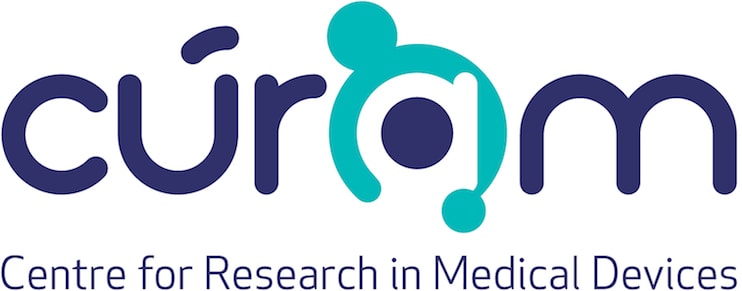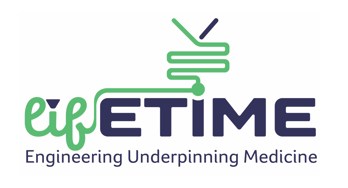Opening up STEM to everyone; how scientific mentoring can support the next generation
By Emma Lardner and LifETIME CDT Student: Abigail Wright (University of Birmingham)
Abigail Wright is a second year LifETIME CDT student studying the control of ECM organization and the mechanical environment in a ‘Joint on a chip’ device at the University of Birmingham. Abi recently signed up for the In2Science mentoring scheme, which provides students from disadvantaged backgrounds high-quality opportunities and support at the start of their career journey by empowerig them to achieve their potential and become the next generation of researchers, innovators and pioneers.
Q: Could you start off by telling us a little bit about the In2Science mentorship programme and how you got involved?
In2Science is a charity organisation that was founded with the vision to help young people from disadvantaged backgrounds and minority groups form connections with and learn from individuals working within science, technology, engineering, and maths (STEM) careers. In this way, In2Science are helping tackle a big issue in the UK – many students from ‘low’ socioeconomic backgrounds are less likely to pursue a career in STEM subjects, despite their passion and talent.
Many students from disadvantaged backgrounds will not personally know anyone working within STEM fields, and may be the first person in their family to consider higher education. This is an issue that resonates with me personally as being the first in my family to study at university, or undertake a career in science, I know all too well the way in which young people from working class backgrounds can be left behind and their talent ignored. I was lucky enough to be in the position I am in today, and I want to be able to help other young students realise their potential and help them to gain experience that others may take for granted. Therefore, I was eager to sign up to the In2Science mentoring programme upon hearing about this through our lab operations manager, Emma Lardner.
After completing a short application form and necessary training, I was able to partake in the programme during the summer of 2021.
Q: What kind of mentoring did you do as part of the programme?
My mentoring encompassed meetings with a group of several students who were studying at college. We had 3 meetings that involved us getting to know each other, finding out what we all study, and sharing work experiences. My main aim for these sessions, in line with In2Science training was to reassure students that people from similar backgrounds as themselves are able to achieve a career in STEM. Students shared their current goals and we made plans for their next academic steps. Most importantly, they now have a network connection with someone studying something similar to their interests.
Q: How did you find mentoring alongside your day-to-day PhD work?
In2Science were very proactive and supported myself as a mentor. They provided many resources and training courses for mentors that were concise and useful. In total, I spent approximately 6 hours on the mentoring programme. In2Science were empathetic that many of the mentors were doing this voluntarily alongside their studies/job, and so it is planned with this in mind.
Q: What kind of feedback did you receive from your mentees after you’d completed the programme?
Students mentioned that they were thankful to get the opportunity to speak to someone in a career they could see themselves in and they enjoyed all of our sessions!
Q: What would you say to other PhD students thinking about getting involved with a mentorship programme like In2Science?
Taking part in programmes like the one organised by In2Science is one of the most rewarding things I have ever done. I encourage anyone with an interest to get involved, it is well worth the time and you are supported by a great team to help students who otherwise would not get this exposure.
Q: What would you say to a young person from a disadvantaged background who is interested in a STEM career?
Being from a disadvantaged background myself, I know that it is possible to have a career in STEM. Take opportunities such as the In2Science training programme and make the most of them! Your hard work will pay off.








